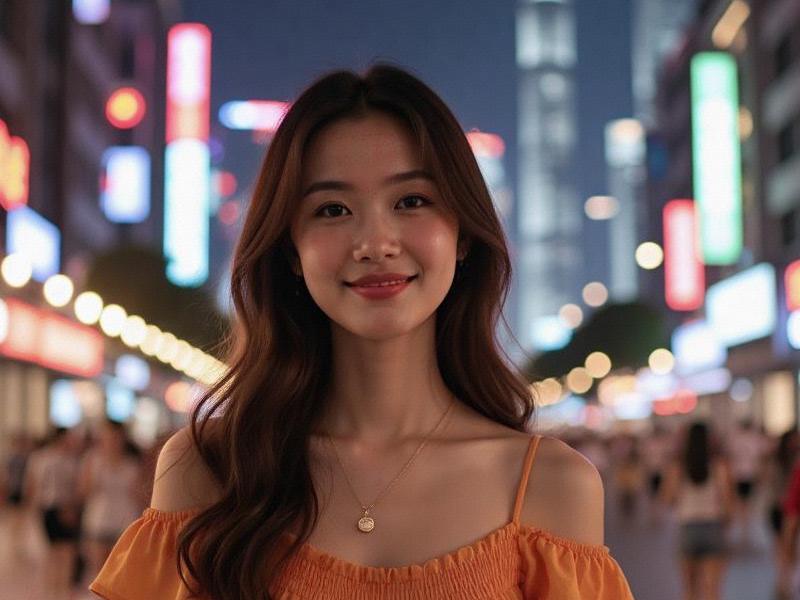This investigative feature examines how Shanghai's women combine traditional Chinese values with global sophistication, creating a new paradigm of Asian femininity that's influencing beauty standards across China.

The morning rush at Shanghai's Jing'an Temple metro station presents a fascinating study in contemporary Chinese femininity. Among the commuting crowds, 29-year-old investment banker Zhou Meili adjusts her Rimowa suitcase and checks her Rolex - symbols of success that would have been unimaginable to her grandmother's generation. Yet she still pauses to buy breakfast from a street vendor, exchanging pleasantries in the distinctive Shanghainese dialect. This duality epitomizes today's Shanghai woman.
Historical Roots of Shanghai Femininity
Shanghai's feminine ideal took shape during its 1920s-1930s golden age as "Paris of the East." The qipao (cheongsam), originally a loose Manchu garment, was revolutionized into the body-hugging silhouette we know today by Shanghai tailors. "These women created China's first modern feminine identity," says historian Professor Zhang Wei from Fudan University. "They wore Western-style makeup but maintained Confucian manners - it was performance art of gender."
The 2024 Shanghai Woman: By the Numbers
夜上海最新论坛 - Education: 72% of women aged 25-34 hold bachelor's degrees (Shanghai Education Commission)
- Income: Female white-collar workers earn 94% of male counterparts' salaries - China's smallest gender pay gap
- Marriage: Average first marriage age at 30.2 years, versus 27.1 nationally
- Beauty Spending: Annual average of ¥18,750 ($2,600) on cosmetics and skincare
上海龙凤419 Fashion Districts Tell Different Stories
The Bund area sees women favoring timeless elegance - Max Mara coats paired with delicate jade jewelry. In contrast, Xintiandi's trendy cafes showcase daring streetwear hybrids where Hanfu elements meet Balenciaga silhouettes. "Shanghai girls understand fashion as cultural code," observes Vogue China editor Margaret Zhang.
Beauty Beyond Appearances
At Zhangjiang Hi-Tech Park, Dr. Lin Yifei, 33, leads a biotech team developing sustainable cosmetics. "Real beauty comes from purpose," she asserts while showing her lab's algae-based skincare line. Like many Shanghai women, she balances career ambition with family expectations - though she proudly declares herself a "shengnü" (leftover woman) at 33.
上海品茶网
The Pressure Paradox
Despite their achievements, many Shanghai women face intense societal pressure. Matchmaking corner in People's Park still displays resumes emphasizing "youthful beauty" for women over 30. Yet the city's female entrepreneurship rate grows 12% annually (Alibaba Research Institute), suggesting new paths to fulfillment.
As evening falls on the Huangpu River, groups of women in their twenties and thirties gather at speakeasy bars along Julu Road. Their conversations - switching effortlessly between Mandarin, English, and Shanghainese - reveal global perspectives grounded in local wisdom. Whether discussing blockchain investments or the best xiaolongbao spots, these daughters of Shanghai embody China's future: rooted in tradition but limitless in aspiration.